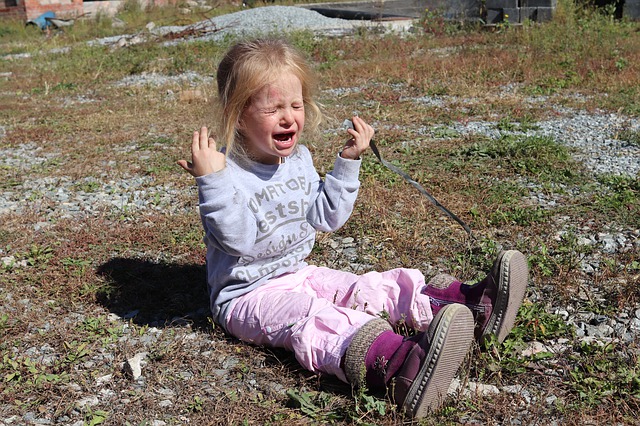
by The Children's Treatment Center | Oct 18, 2021 | General
Parents often avoid setting limits for their kids because they think doing so will upset the child. Not setting boundaries, however, can lead to an unhappy child who doesn’t know how cope with difficult feelings, which is an essential life skill. By setting...
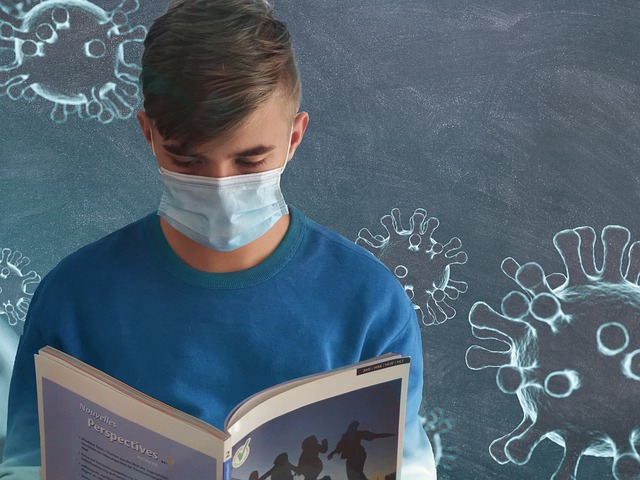
by The Children's Treatment Center | Sep 21, 2021 | General
School is starting up for the 2021 – 2022 education year and most districts are returning to in-person learning. While some kids and parents deal with anxieties during any given school year, COVID-19 and the Delta variant are still very much in the news, which...
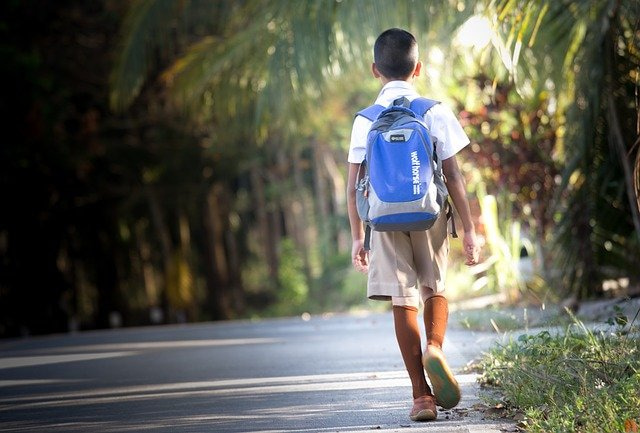
by The Children's Treatment Center | Aug 10, 2021 | General
The coronavirus pandemic has affected our world in so many ways and we aren’t in the clear yet, despite vaccine availability. The virus continues to evolve, which is especially concerning if you’ll have children attending in-person classes this fall; as children head...
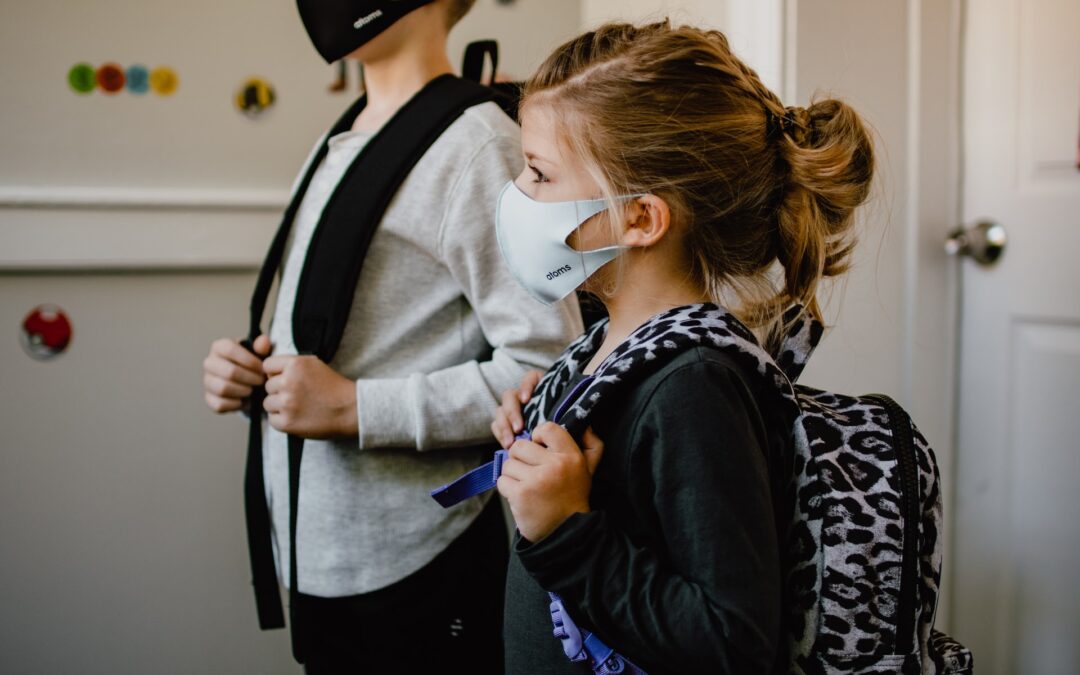
by The Children's Treatment Center | Aug 5, 2021 | General
No one can deny that 2021 has been a momentous year. It has had a mixture of the good, the bad and the ugly for sure. It has at times been frightening, confusing, comforting and educational. We have witnessed a very unusual presidential election, a subsequent denial...
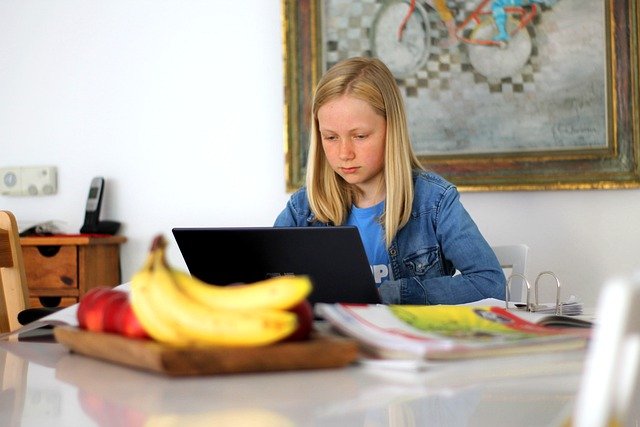
by The Children's Treatment Center | May 20, 2021 | General
As pandemic restrictions begin to ease, parents are finding out just how reliant their kids have become on their screen time. For many families, shut downs forced us to turn to virtual entertainment. Schools went totally online. We dramatically increased our online...






